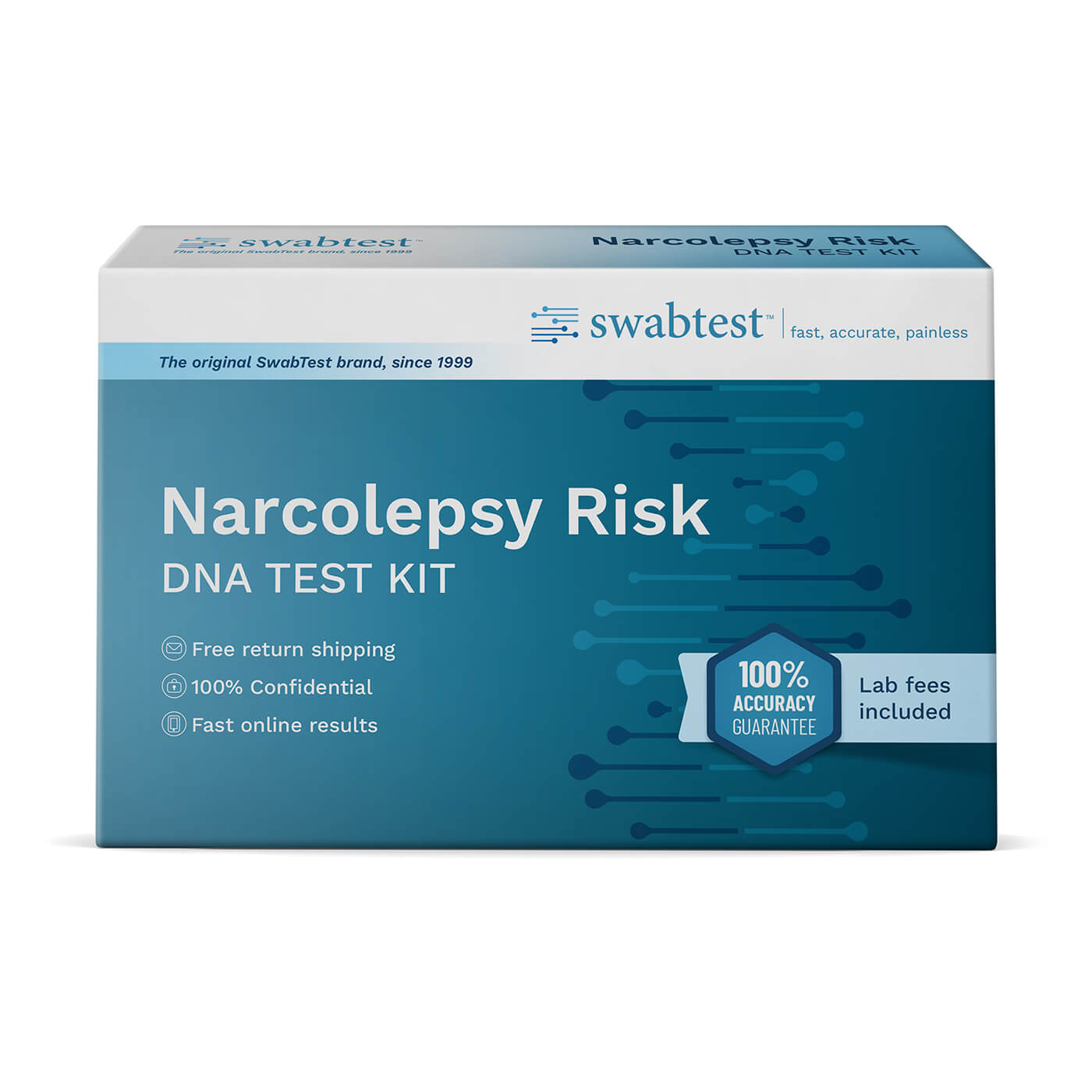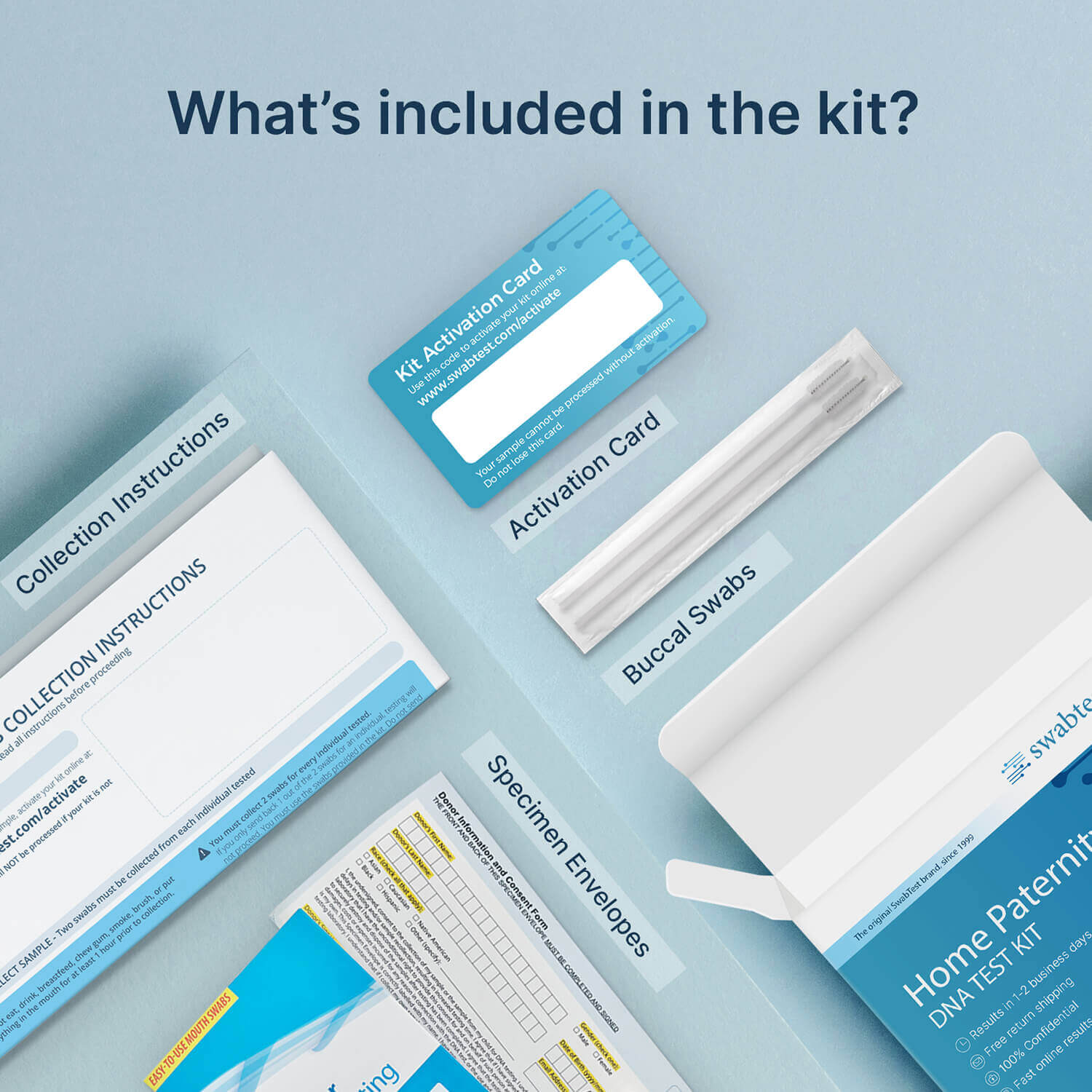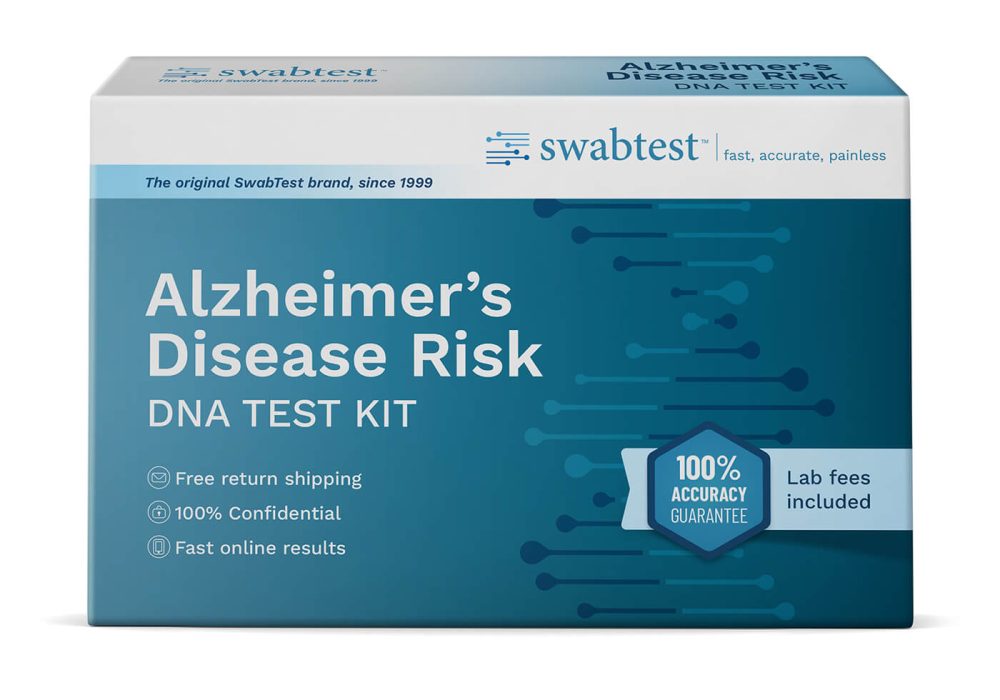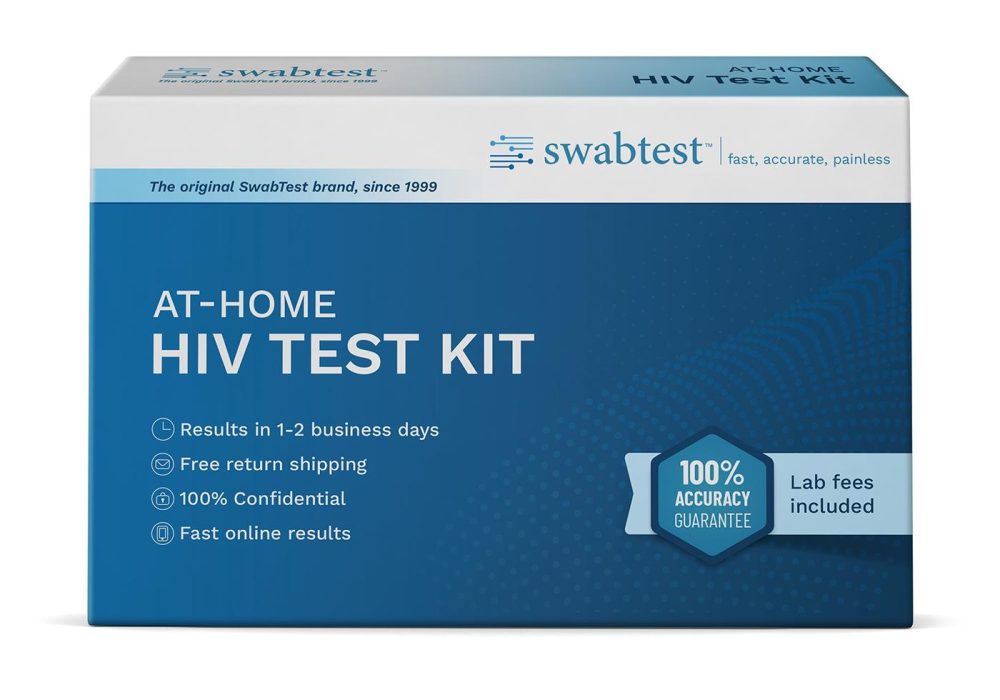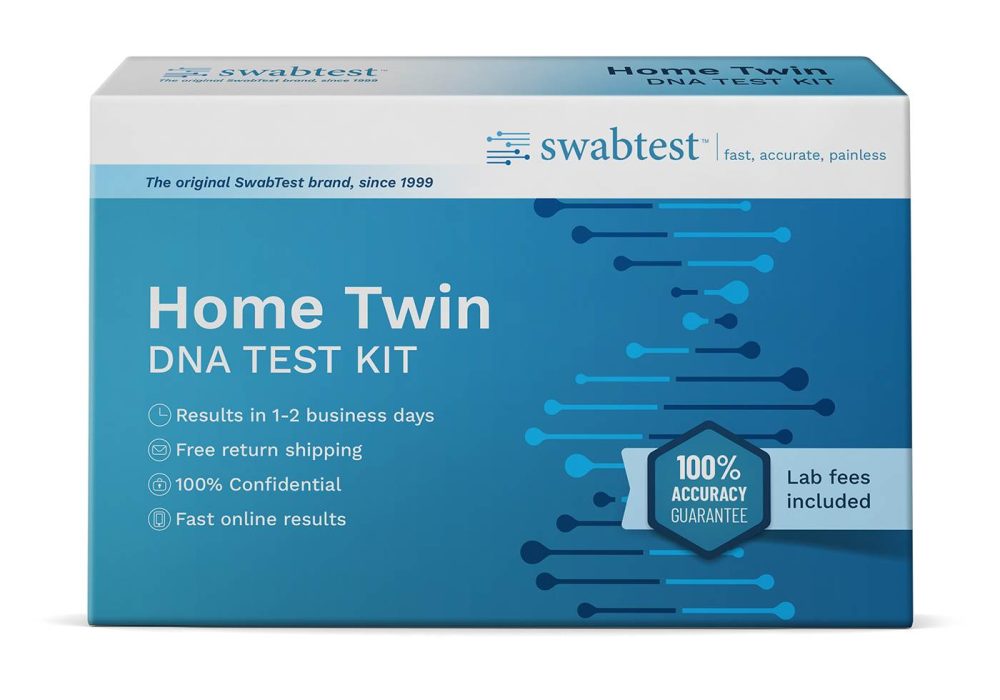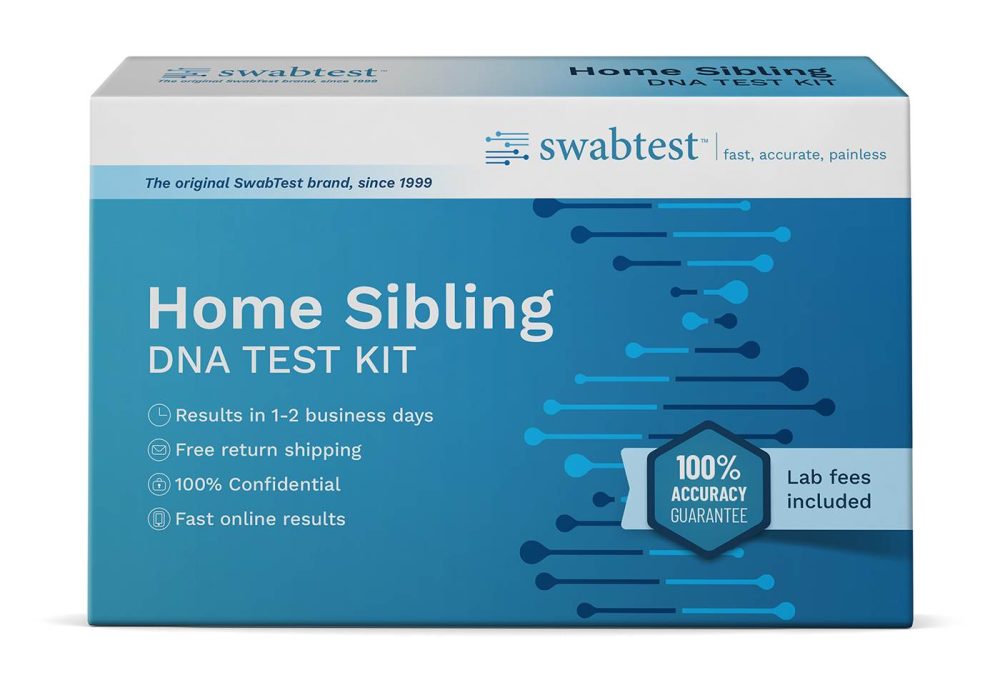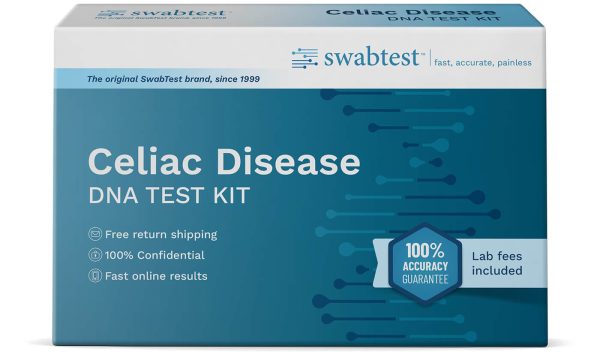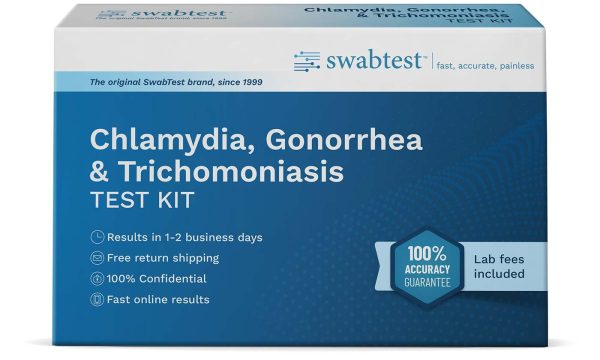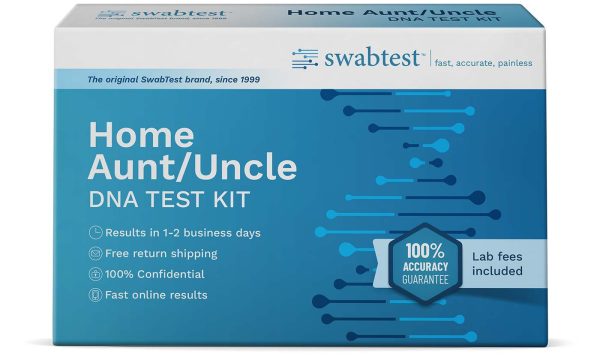What is narcolepsy?
Narcolepsy is a chronic sleep disorder characterized by excessive daytime sleepiness and sudden, uncontrollable episodes of sleep. These episodes can occur at any time and can be triggered by relaxing or sedentary activities such as reading, watching television, or even driving. Individuals with narcolepsy may also experience other symptoms such as insomnia, vivid hallucinations, and sleep-related paralysis.
Narcolepsy cases are sporadic but there is a genetic basis for narcolepsy. Family members of people with narcolepsy have a 20%-40% increased risk of narcolepsy. There is a strong link between a genetic variant of the HLA-DQB gene and narcolepsy since 98% of people affected with narcolepsy and cataplexy (sudden loss of muscle tone triggered by strong emotions) carry this change.
This DNA test detects the HLA-DQB variant associated with an increased risk of narcolepsy.
Symptoms of Narcolepsy
Narcolepsy is often incorrectly diagnosed because it involves a wide variety of neurological symptoms.
Main symptoms of Narcolepsy:
- Excessive daytime sleepiness (EDS)
- Cataplexy, or sudden muscle weakness with full conscious awareness
- Sleep paralysis
- Hypnagogic or vivid hallucinations
- Other symptoms
- Microsleep – temporary episodes of sleep that lasts only a few seconds
- Night-time wakefulness
- Atonia or loss of muscle strength
- Periodic limb movement disorder
- Rapid entry into REM sleep
The genetics behind this test
A genetic variant in the HLA-DQB gene, HLA-DQB1*06:02, is strongly associated with the risk of narcolepsy.
Individuals who inherit two copies of HLA-DQB1*06:02 are at 7 to 25-times higher risk of developing narcolepsy.
Inheriting one copy of HLA-DQB1*06:02 and any other variants of HLA-DQB1 increases the risk by 3X.
About 15%-20% of people who do not have narcolepsy also have the HLA-DQB1*06:02 variant, suggesting genetics is not the only factor associated with narcolepsy.
It should also be noted that multiple other variants exist for the HLA-DQB1 gene.
Treatment options for narcolepsy
Narcolepsy is a chronic disorder with no cure. However, it can be managed with medication, lifestyle changes and behavioral therapy. Following is a short list of potential modifications that can tried:
- Regular sleep schedule, sticking to a consistent sleep schedule and avoiding sudden changes in sleep schedule
- Engaging in regular physical activity, but avoiding vigorous exercise close to bedtime
- Avoiding alcohol
- Refraining from smoking
- Medications such as stimulants and antidepressions can be obtained from a healthcare provider to help with excessive sleepiness
Related Products
$69.00 Original price was: $69.00.$49.00Current price is: $49.00.
$271.00 Original price was: $271.00.$149.00Current price is: $149.00.
$271.00 Original price was: $271.00.$149.00Current price is: $149.00.
Related products
-
Sexual Health
Common STD Test
Screens for chlamydia, gonorrhea and trichomoniasis infections
$99.00Original price was: $99.00.$79.00Current price is: $79.00. -
Shop All
DNA Aunt/Uncle Test
Find out the likelihood that you’re the true biological aunt or uncle.
$271.00Original price was: $271.00.$149.00Current price is: $149.00. This product has multiple variants. The options may be chosen on the product page

